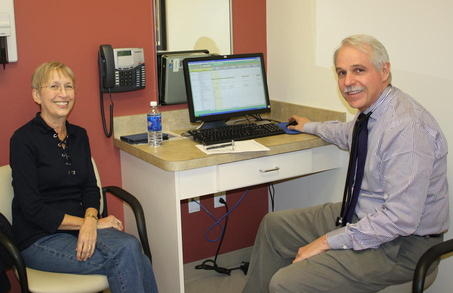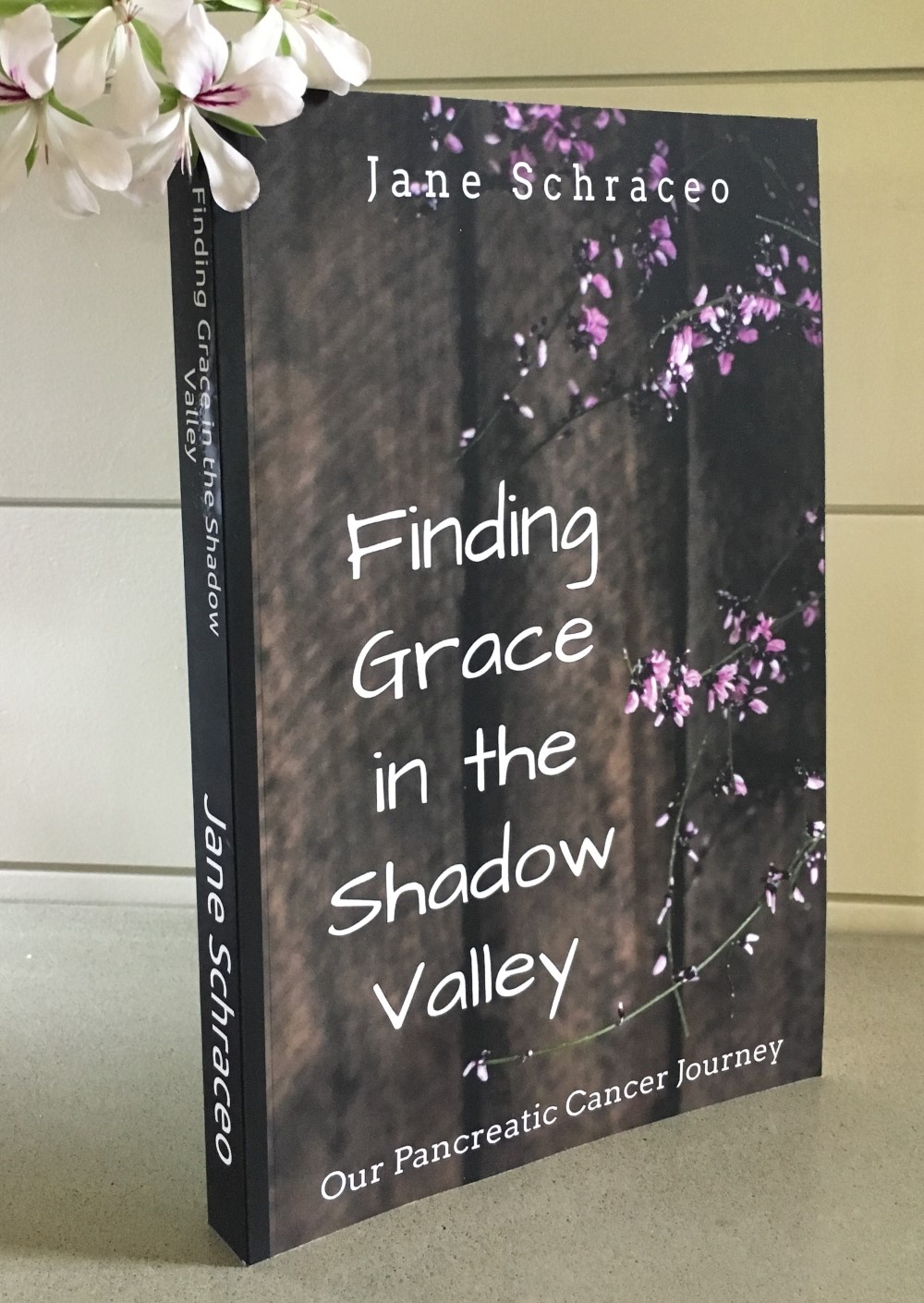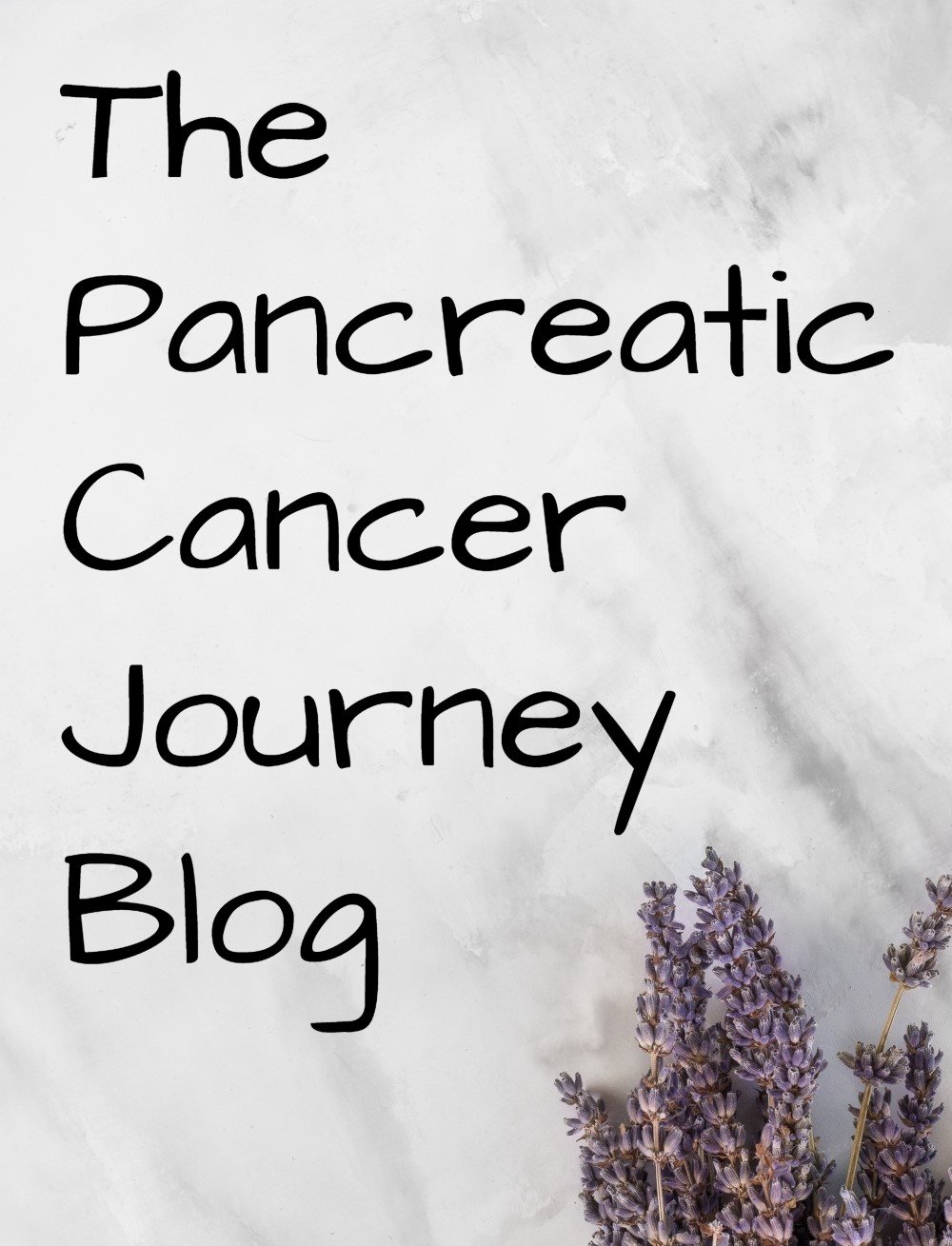Medical Second Opinions:
Should You Get One?
Medical second opinions can be a touchy topic. And to be sure, getting a second opinion and even switching oncologists is a huge thing. It’s hard, it’s uncomfortable... But it may mean your life.
Pancreatic cancer has the most dire of prognoses, and if ever there was a time for medical second opinions, this diagnosis is it.
Most patients who are diagnosed with a life threatening disease are too shocked, too numb, too paralyzed by fear to even pay attention to treatment plans.
At first.
As the numbness wears off, you may find that you have doubts about that treatment plan, or perhaps want to seek out a doctor with more experience treating your cancer. Whatever the reason, getting a medical second opinion is an option you may want to explore.
Mom chose to use her local oncologist in the beginning. He was very personable and kind, but as the weeks turned in to months, it became obvious that he was just treating mom palliatively (expecting her to die soon and giving comfort measures, pain meds, steroids, etc).
The first red flag that we noticed (in retrospect) was the complete absence of any physical exams at her visits. No listening to her heart and lungs, no palpating her liver and lymph nodes, nothing. Just a kind smile and a review of the latest blood work results. How we overlooked this red flag for so long slays me.
Maybe it was still the shock, or numbness factor, but several weeks into treatment, a scary emergency trip to the Hospital for a stent occlusion, and a heated argument between the surgeon and her oncologist, we began to wake up to some realities and started re-examining our priorities. It was at this point that Mom decided a second opinion might be in order…
With her years of experience as a nurse, she knew several oncologists down in the metroplex (an hour drive from their home) and made a few phone calls. When we met with Dr. Davis that first time it was like a breath of fresh air. Not only did he do a thorough exam, he also sat down and discussed the various treatment options and confirmed his policy to explore every option and work with the patient towards healing for as long as the possible. He also confirmed our first oncologists grim prognosis, but recommended a stepped up treatment plan, i.e. radiation with continuous 5-FU, then back to Gemzar, with Fulfirinox in the wings. A real treatment plan. We spent close to an hour with him, and walked away armed for bear.
We didn’t make the decision that day to switch doctors. Medical second opinions are just that. Opinions. Not a declaration to switch doctors. Many patients who seek a second opinion for cancer cases actually find that their original doctor is right on target and is the best man for the job.
And we were hopeful that would be the case for us. After our visit with Dr. Davis, Mom took back the information to her first oncologist and requested the radiation with 5-FU. The doctor seemed “miffed” at her interference and, even after much debate, ended up ordering only a partial 5-FU drip with the radiation. To say Mom was disgusted is too polite.
With her life on the line, she made the switch. We have never been more grateful. We can say without hesitation that Dr. Davis gave mom a new lease on life and definitely granted us more than 6 months of grace.

And that’s mom’s story. Yours may be different. But if you are even mulling around the idea of a medical second opinion, here are some guidelines for the maze you may find yourself navigating:
* Remind yourself that it is your life, your diagnosis, and your right to get the very best care available. Often we are intimidated by the doctors who are caring for us. We feel vulnerable, and I will admit, stupid, as they discuss hematocrit differentials and treatment efficacies while we shiver in threadbare hospital gowns. But I urge you to take a very active role in your medical journey. If it means procurring a second opinion, then do it. Any doctor worth his salt should honor that, actually encourage it. If your primary (oncology) doctor balks when you suggest it, consider that a red flag. Pancreatic Cancer has no trouble moving into an all-out full assault on your body, your doctor should be just as willing to call in reinforcements and seek the best treatment for your case.
* Getting that Medical Second Opinion. This requires two things: another doctor (in the pancreatic cancer field) and your medical records/test results from your primary doctor (doctor you are currently using.)
First, finding another doctor. You can always start with friends, family and neighbors. Often they can recommend a great oncologist.
I would hesitate asking your primary doctor for a recommendation. You are wanting an objective second opinion, not an opinion from the doctor’s friend and/or possible colleague. One possibility is to check with your local hospital for other oncologists.
I would also suggest looking into larger teaching/university hospitals near your location. Here is a list of some great cancer hospitals across the country to get you started.
I know this may mean traveling some distance. Again, this is a personal choice, however, don’t forget that the larger hospitals often offer a team approach and the latest advancements in cancer treatment. They would be an excellent choice when searching for an oncologist for a second opinion.
As you go thru this process and start calling potential doctors, be sure to let them know you are asking for a second opinion. The doctor's office staff will let you know if they are accepting new cases (always a possibility after a second opinion consult) and what you will need to bring with you for the second opinion visit.
You will most likely be asked to forward/fax your current medical records, including all tests results, MRI, CT scans, etc. to their office prior to your second opinion visit. If you have a good understanding with your primary doctor, you can have them send copies to the second opinion doctor. Again, if this feels too uncomfortable for you, you can just request copies for yourself and fax/hand-carry them to your second opinion visit.
Remember, all your medical records are yours. Mom routinely asked for copies of her blood work results/scans, etc at each doctor/chemo visit and kept them at home in a designated folder.
* Don’t forget to check with your medical insurance provider on medical second opinions. Most insurance carriers cover this with no problem, but it’s best to be sure and not surprised with out-of-pocket expenses during the second opinion visit.
* Finally, be ready when you get in for that second opinion. Have a list of questions for this doctor: do you concur with diagnosis after seeing tests, what would be your line of treatment, are you aware of any new pending treatments on the horizon for pancreatic cancer, in your opinion is surgery an option, etc., etc. Whatever concerns you, now is the time to ask. Write your questions down, have them ready. Now that you’ve gotten a second opinion consultation, make the most of the time you have. This is not the time or place for tears and drama. If necessary, bring a trusted loved one to ask the questions, but cover all your concerns.
Once you have your medical second opinion, the decision is yours. Perhaps the second opinion just confirmed that your primary oncologist is right on target. Perhaps it revealed some discrepancies that need to be addressed. And perhaps it will lead to switiching oncologists.
Whatever the end result, medical second opinions can be empowering for you as you journey towards wholeness and healing.
It was for Mom.
Return to Inoperable Pancreatic Cancer from Medical Second Opinions
Return to Home Page for The Pancreatic Cancer Journey
Copyright © PancreaticCancerJourney.com
Nothing on this website should be construed
to constitute medical advice.




